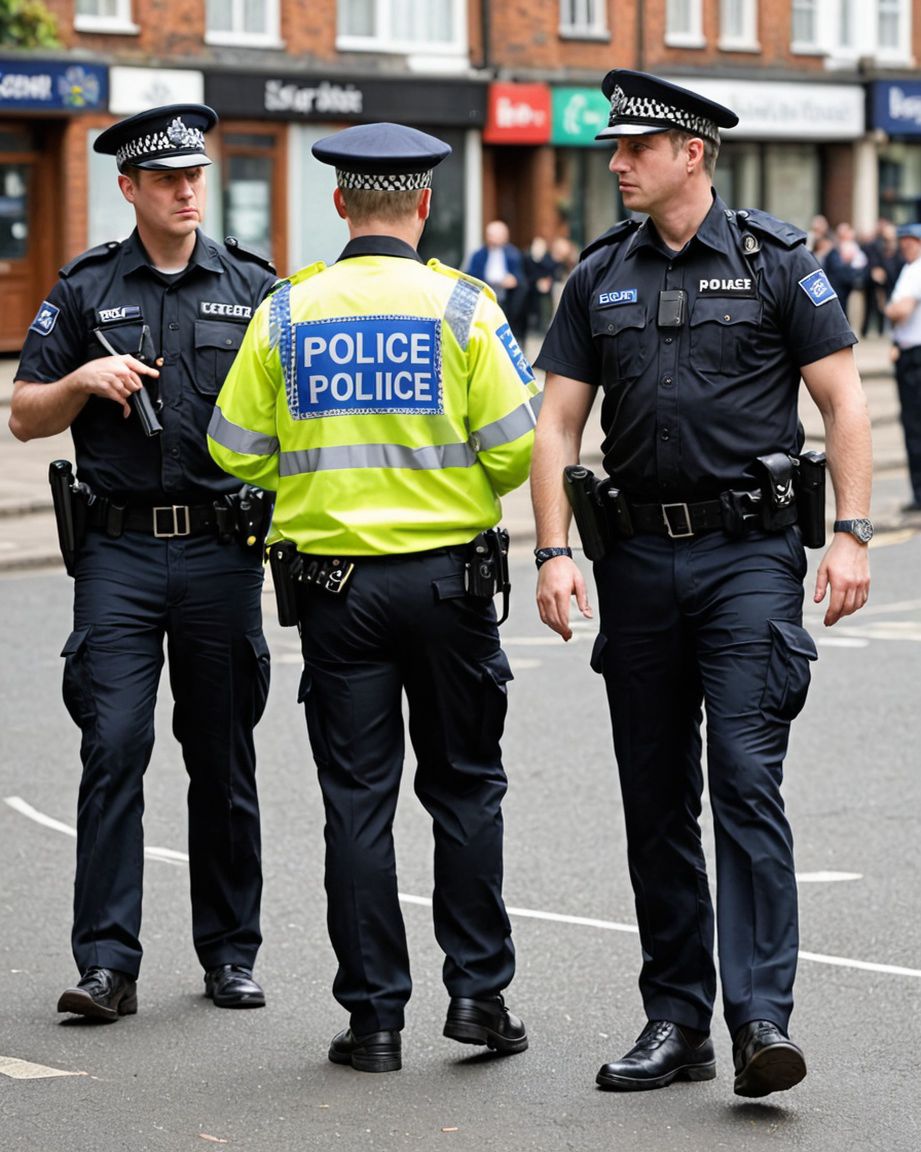
Can You Refuse to Give Police Your CCTV Footage? Understanding Your Rights and Responsibilities
Share
As CCTV systems become more prevalent in homes and businesses, questions about the legal responsibilities of sharing footage with law enforcement often arise. One common question is: Can you refuse to give police your CCTV footage? This blog post explores your rights and responsibilities in the UK when it comes to sharing CCTV recordings with the police.
1. Legal Ownership and Privacy Rights
In the UK, the person or entity who installs and maintains the CCTV system typically owns the footage captured. This means that homeowners, business owners, or property managers generally have control over the access and use of their CCTV recordings. However, this ownership comes with responsibilities, especially concerning privacy and data protection laws, as outlined by the Information Commissioner's Office (ICO).
2. When Police May Request CCTV Footage
The police may request CCTV footage as part of an investigation into criminal activities, such as theft, vandalism, or more serious crimes. Typically, they will approach the owner of the CCTV system to ask for a copy of the footage that may be relevant to their investigation.
3. Your Right to Refuse
Legally, you are not obliged to provide CCTV footage to the police without a court order. This means that if the police request footage, you have the right to refuse. However, it's essential to consider the potential consequences and implications of such a decision:
-
Supporting Law Enforcement: Providing footage can aid police investigations and contribute to community safety. Cooperation with law enforcement can also build positive relationships between the police and the community.
-
Legal Implications: While you have the right to refuse, law enforcement can seek a court order or warrant to compel you to provide the footage. If granted, you would then be legally required to hand over the footage.
4. When You Must Provide Footage
In certain circumstances, such as if a court order is issued, you are legally required to provide the requested CCTV footage. Failure to comply with such an order can result in legal penalties. Additionally, under the General Data Protection Regulation (GDPR), individuals have the right to request footage that contains their image, which you may need to provide, subject to certain conditions.
5. Data Protection and GDPR Compliance
When handling CCTV footage, it’s important to comply with data protection laws, including the GDPR. This includes ensuring that footage is stored securely, only used for legitimate purposes, and not retained for longer than necessary. For more detailed information on these responsibilities, refer to the UK government's guidelines on using CCTV and the ICO's advice for businesses.
Conclusion: Balancing Rights and Responsibilities
While you have the right to refuse police requests for CCTV footage, it is crucial to consider the broader implications, including potential legal obligations and the role of CCTV in supporting public safety. Balancing your privacy rights with these considerations is key to making informed decisions about sharing CCTV footage.
For more insights on managing CCTV systems and ensuring compliance with legal requirements, visit our resources on securing various types of properties:
- Ultimate Security Guide for Semi-Detached Homes in the UK
- Securing Detached Homes
- Securing Terraced Homes
For professional advice or CCTV installation services, contact Ai CCTV Ltd at 01212881999 or via WhatsApp.
